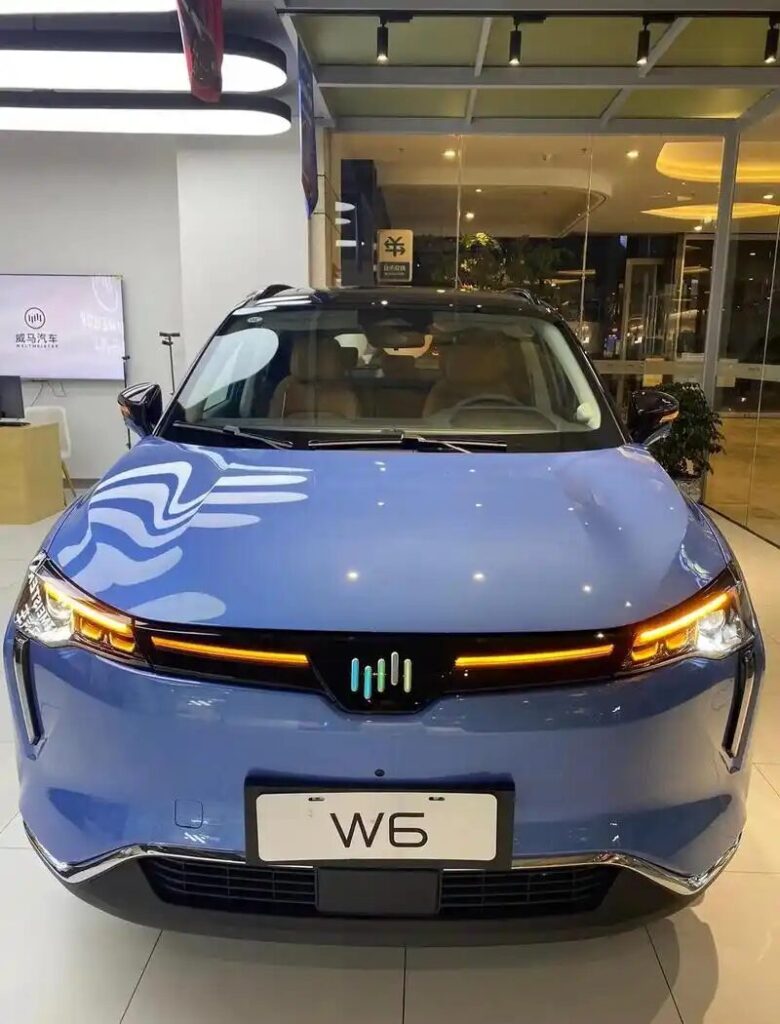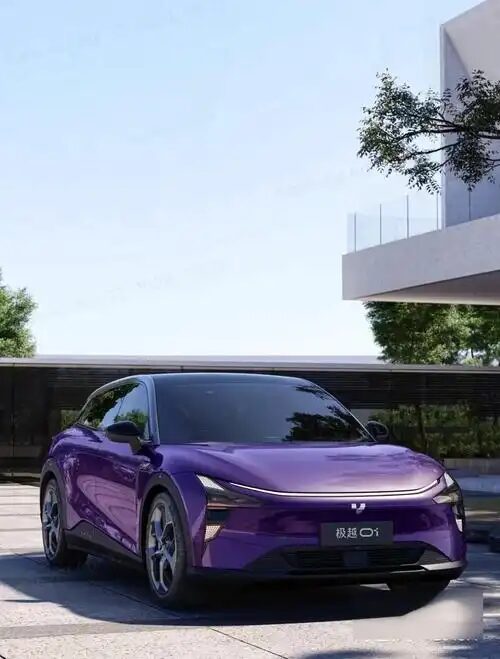The EV Graveyard Market: Why People Are Buying “Bankrupt” Cars in China
Introduction Imagine buying a luxury EV that cost $85,000 last year for just $20,000 today. The catch? The manufacturer has gone bankrupt. There is no warranty, no customer service, and the software might stop working at any moment. This is not a hypothetical scenario; it is the reality of China’s brutal EV market consolidation. As brands like HiPhi and Jiyue face financial ruin, a bizarre secondary market has emerged where risk-takers are scavenging for “zombie cars.”

The Economics of “Zombie Cars” According to second-hand car dealers in Tianjin, there is a surprisingly robust market for these orphaned vehicles. Dealers report profit margins of 5-7% per vehicle, with inventory turning over in just days. The value proposition is purely price-driven: obtaining high-performance specs—like 100kWh batteries and Qualcomm 8295 chips—at a fraction of the cost. For buyers, the math is simple: even if the car breaks down, the parts alone are worth the price.
The “Ghost” Supply Chain Perhaps the most disturbing revelation is how these cars are serviced. With factories shuttered, where do spare parts come from? Dealers revealed that they are stripping brand new, unsold cars just to harvest parts. Vehicles that cannot be legally registered due to incomplete paperwork are dismantled to keep existing units on the road. It is a cannibalistic ecosystem born from industrial failure.

Who Are the Buyers? This market isn’t for the average consumer. The buyers are primarily:
- EV Experts: Those who understand the technology enough to perform DIY repairs.
- Content Creators & Rental Companies: Those who want the flashy “supercar” look of models like the HiPhi X for videos or rentals, without the heavy price tag.

Conclusion The phenomenon of selling bankrupt EVs serves as a grim warning for the global automotive industry. It highlights the “dark side” of rapid innovation and market saturation. For consumers, it’s a stark reminder that buying a car from a startup is an investment in the company’s survival as much as the vehicle itself. As the global EV war intensifies, we may see similar “graveyards” appear in other markets.
